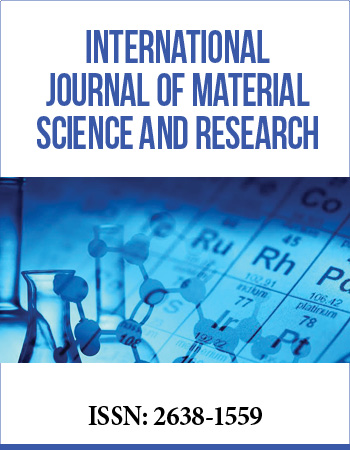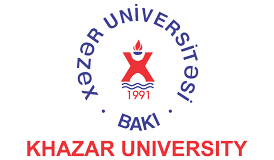International Conference on Materials Science and Research
November 16-18, 2017 Dubai, UAE
Novel Electro-Crystallization of Ferricenyl Materials from Coordination-Driven Self-Assembled Ferrocenyls
1Department of Chemistry, College of Science, Sultan Qaboos University, Oman
2Department of Chemistry, University of Bath, UK
New neutral tetra-ferrocenyl-ethynylpyridinyl copper complexes have been formed by the coordination-driven self-assembly of the ferrocenylethynyl-pyridine Ligand (L) and the copper (I) halides (I-, Br- and Cl-) forming cubic L4(CuI)4, and rhomboid L4(CuBr)2, L4(CuCl)2. However, in the presence of triphenylphosphine (PPh3) under similar conditions, the reactions gave new neutral di-ferrocenyl-ethynylpyridinyl copper complexes, L2(CuI)2(PPh3)2, L2(CuBr)2(PPh3)2, and L2(CuCl)2(PPh3)2. Ferrocenylethynyl functionalized pyridine ligand provided the coordination site to connect ferrocenyl units through the copper clusters.
The ferrocenylethynyl-copper cluster materials oxidize under mild condition giving electro-crystallization of oxidized products. EDX analysis indicated formation of partially- and fully-oxidized products. These results were complimented by Raman analysis. SEM showed oxidation products having distinct morphologies. Some of these morphologies of the electrodeposited Cu-based microstructure are of high recent interest for fundamental studies and for potential applications in catalysis and other fields.

Herein, we will present the convenient synthesis, electrochemistry, SEM, EDX, etc. and future prospect of the electro-crystallized multi-ferricenyl materials.
The body of the abstract should describe your research, results and conclusions of your study.
Biography:
Dr. Hakikulla Shah was born in Dhule, Maharashtra, India, in 1982. He received the B.Sc. degree in Chemistry from the North Maharashtra University, Jalgaon, India, in 2004, and the M.Sc (Major: Analytical Chemistry) Chemistry from Wadia College, Pune University, India. He pursued his Ph.D. degree in Chemistry (Organometallics) from Sultan Qaboos University, Oman in 2013. During his Ph.D. he also obtained a research scholarship from British Council, UK from a British council PMI-2 Research collaboration in the Middle East grant. During his Ph.D. training Dr. Shah stayed half of every year at University of Bath, UK from 2010-2012 as a British Council visiting scholar. Currently, Dr. Shah is working at Department of Basic Science, in College of Applied Science at AʼSharqiyah University, Oman.



